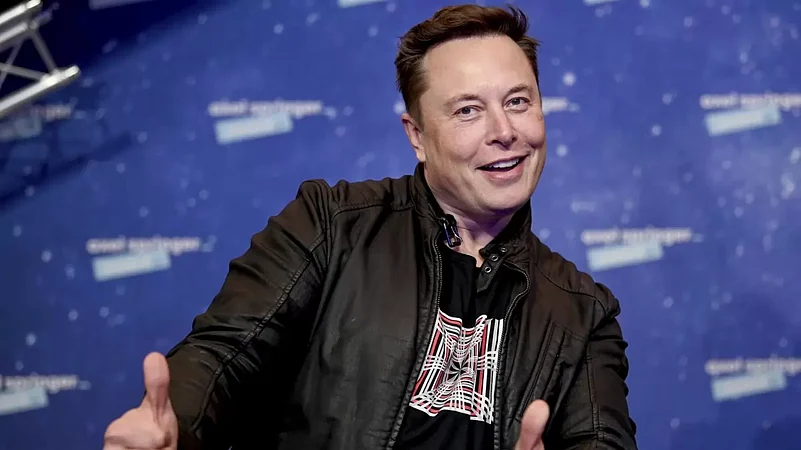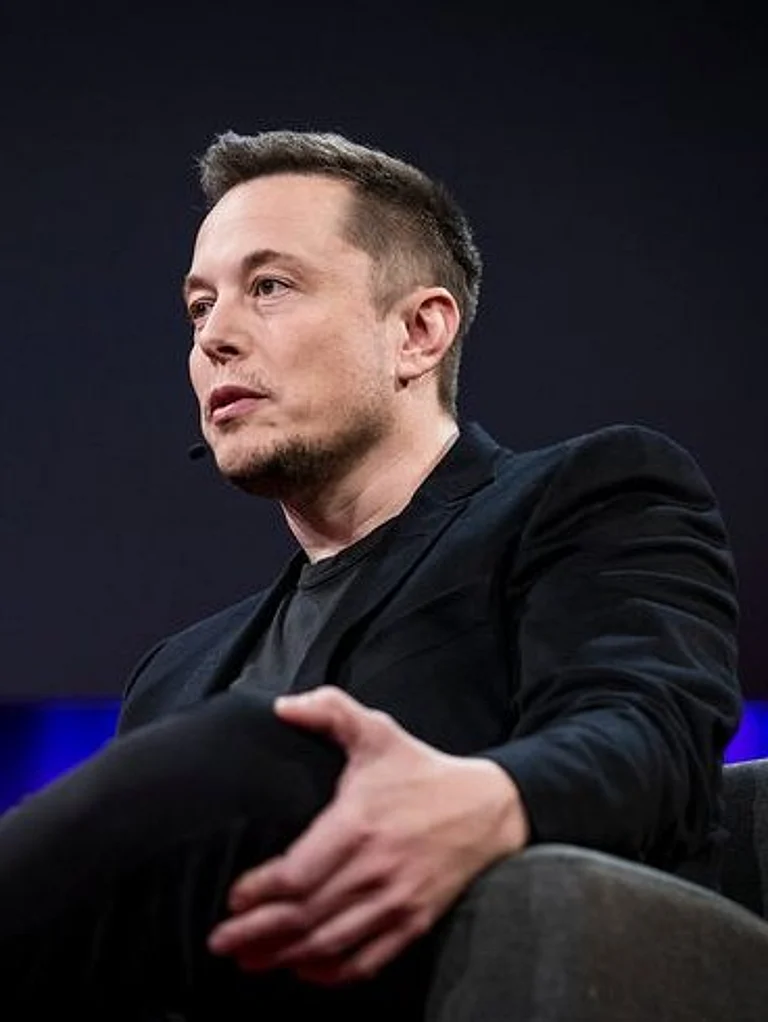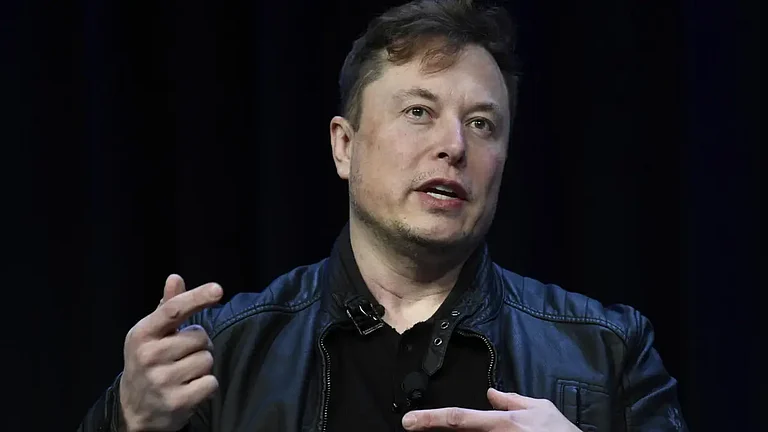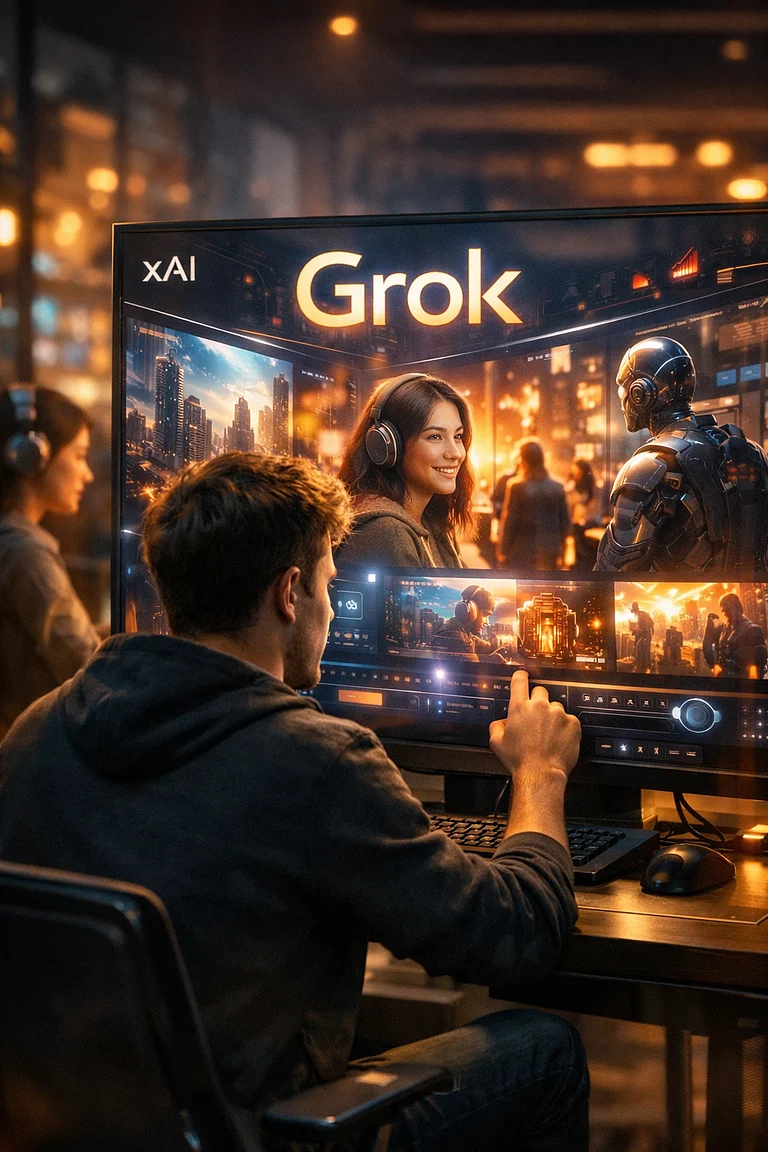Tesla and xAI CEO Elon Musk admitted he had “resisted AI for too long” and was now fully embracing the technology, a shift from his earlier warnings about its dangers.
In a post on X, Musk wrote, “Living in denial. Now it is game on,” signalling an aggressive stance as tech companies compete to develop next‑generation language models and infrastructure for artificial general intelligence (AGI).
Musk’s comment responded to entrepreneur Mario Nawfal, who shared a quote from Nvidia CEO Jensen Huang praising xAI for building “Colossus,” one of the world’s fastest AI‑training supercomputers, in just 19 days. Huang called Musk a “superhuman” for installing 100 000 Nvidia H100 GPUs, a feat industry insiders say typically requires years of planning.
Musk was once a vocal critic of AI, warning in 2014 that unchecked development risked summoning “the demon” and calling it “our biggest existential threat.” He launched xAI in 2023 to understand “the true nature of the universe.” Colossus, designed to train large language models at unprecedented scale, positions xAI alongside competitors like OpenAI, Google DeepMind and Anthropic.
Musk’s enthusiasm aligns with the tech sector’s focus on achieving AGI that is capable of human‑level reasoning. OpenAI’s recent ChatGPT Agent, a tool that autonomously plans and executes complex tasks, is a step towards the sector’s goal.
As Musk shifts from caution to competition, his “game on” declaration sets the stage for an AI innovation phase where speed and scale raise ethical, safety and governance challenges. With xAI’s research accelerating, Musk’s next moves will determine whether his gamble succeeds or amplifies the risks he once highlighted.
OpenAI’s ChatGPT Agent
OpenAI unveiled the ChatGPT Agent, an extension of its chatbot that autonomously handles complex tasks. Demonstrated by CEO Sam Altman during a Thursday livestream, the “agentic” mode uses tools like web browsers, a terminal interface and calendar integration to plan, research and create presentations.
In the demo, the agent drafted an itinerary, sourced news articles and built a slide deck with charts and notes. It supports tasks from shopping to data analysis, using proprietary documents and reinforcement learning for refined outputs.
Available immediately to Pro, Plus and Team subscribers, users activate “Agent Mode” via the ChatGPT composer, granting permission for tools like browsing or file uploads. The agent delivers near‑final results with minimal editing.
“We designed this model to handle tasks that previously needed multiple, separate tools, and significant user coordination, to complete,” Altman said. “Now, ChatGPT can run its own virtual environment, chain together actions, and deliver results that feel like collaborating with a human assistant.”
Agentic AI could streamline productivity software, but its autonomy raises concerns about privacy, transparency and misuse. OpenAI ensures actions occur in secure, sandboxed environments with user permissions and plans to refine safeguards. As competitors like Google’s Gemini and Microsoft’s Copilot develop similar assistants, OpenAI’s release sets a new standard for conversational AI in everyday workflows.

































